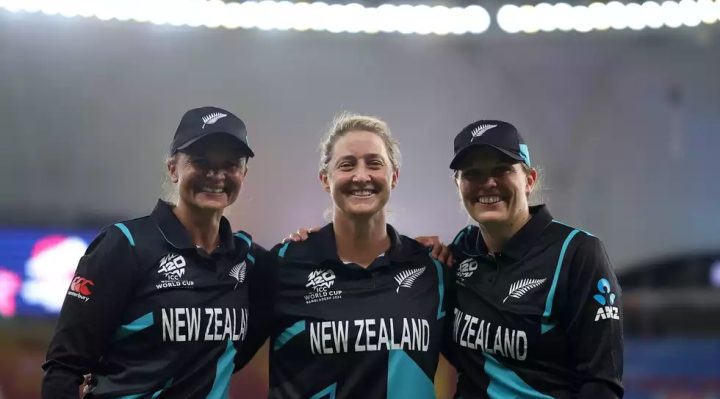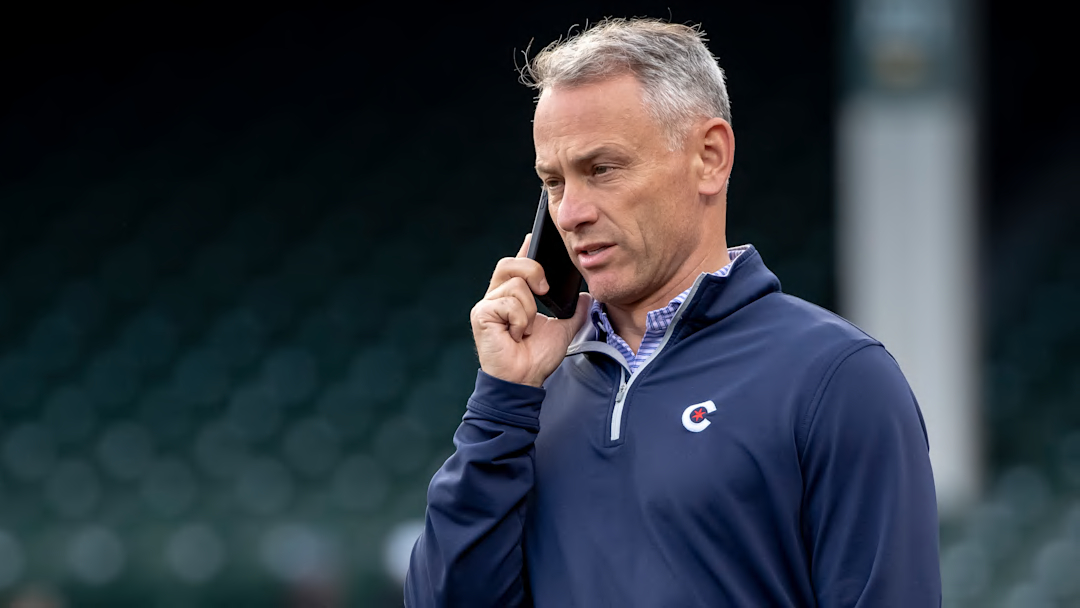“Eight years,” Sophie Devine clarifies, her voice filled with pride and a tear glistening in her eye. It has taken that long for New Zealand Women to reach the semifinals again in a World Cup, whether one-day or T20, despite their struggles, including a disappointing home World Cup in 2022.
The hope sparked by defeating hosts England for the Commonwealth Games bronze medal later that year seemed fleeting after New Zealand faced heavy losses in the group stages to the eventual 2023 World Cup finalists, Australia and South Africa. Even among the chasing pack, they couldn’t keep pace. Reflecting on their campaign at the halfway stage, Devine, holding back tears, said, “I’d much rather we went down swinging and got bowled out for 12 than not show our true ability and be thumped like that.”
Preparing for the next major event, Devine-led New Zealand engaged in tough conversations, establishing the brand of cricket they wanted to pursue. Over the next 18 months leading up to the 2024 edition in the UAE, their planning bore fruit. Immediate results were often sacrificed for growth, and although New Zealand struggled to finish games, they remained committed to their vision, hoping for a rewarding outcome.
Aware that “probably not too many more of these World Cups” remained for senior players like Suzie Bates, Lea Tahuhu, and herself, Devine ushered in fresh talent. Leigh Kasperek stepped aside for young Eden Carson, while Fran Jonas and Izzy Gaze were fast-tracked from the U-19 setup, and Rosemary Mair returned after a six-month back injury rehab.
Devine led by example, adjusting her batting position to distribute firepower and allow 20-year-old Georgia Plimmer to develop alongside the experienced Bates. This move drew criticism, but Plimmer’s maiden half-century in Australia before the World Cup validated their strategy.
“For the last 18-24 months, with such a young group, success has looked different. It’s not always about results,” Devine said before New Zealand’s World Cup campaign against India in Dubai. “We want to win games, but with young, inexperienced players, success is about growth. How have they developed? What have they learned? That’s been key for us.”

Between the two World Cups, New Zealand won only 5 of 22 completed T20Is, the lowest win ratio among the 10 participating teams. However, they remained steadfast, planning meticulously and executing with precision. The Indian team felt the impact of their preparation.
In a tough group with title contenders India and Australia, New Zealand knew they had to win at least one of these matches to stay in contention. Identifying India as their target, the meticulous planning paid off in a clinical 58-run victory, bolstered by Bates’ powerplay performance and Devine’s explosive fifty. India’s heavy defeat and subsequent reliance on Australia’s performance secured New Zealand’s spot in the knockouts.
Reflecting on their journey after a 54-run victory over Pakistan confirmed their semifinal spot, Devine said, “It’s important to reflect on our growth since the South Africa World Cup. We knew we’d have to win at least one of our first two games. We’ve brought in a young squad and seeing them grow and shine makes me proud.”
Despite a heavy loss to Australia threatening their progress, New Zealand’s young talents stepped up. Plimmer’s maiden World Cup fifty ensured a comfortable win over Sri Lanka, while Carson’s inspired bowling dismantled Pakistan.
“No one expected us to be here, but that’s the Kiwi way. We fly under the radar and show up when it matters. There’s a real sense of pride and belief in this group. We’ll celebrate tonight, but we know the job is only half done,” Devine said, emerging from an emotional celebratory huddle.
As they approach the knockouts, Devine has unfinished business. If not for Ellyse Perry’s save, Devine’s last-ball drive might have secured New Zealand’s maiden T20 title in 2010. Both Devine and Bates have come a long way since then. As two of only six players worldwide to have participated in all eight T20 World Cups, they have supported each other through highs and lows. They are now guiding a seamless transition in a country with a limited talent pool. Regardless of how far their young team goes in this World Cup or the next, Devine and Bates can retire knowing they gave their all for New Zealand cricket.



